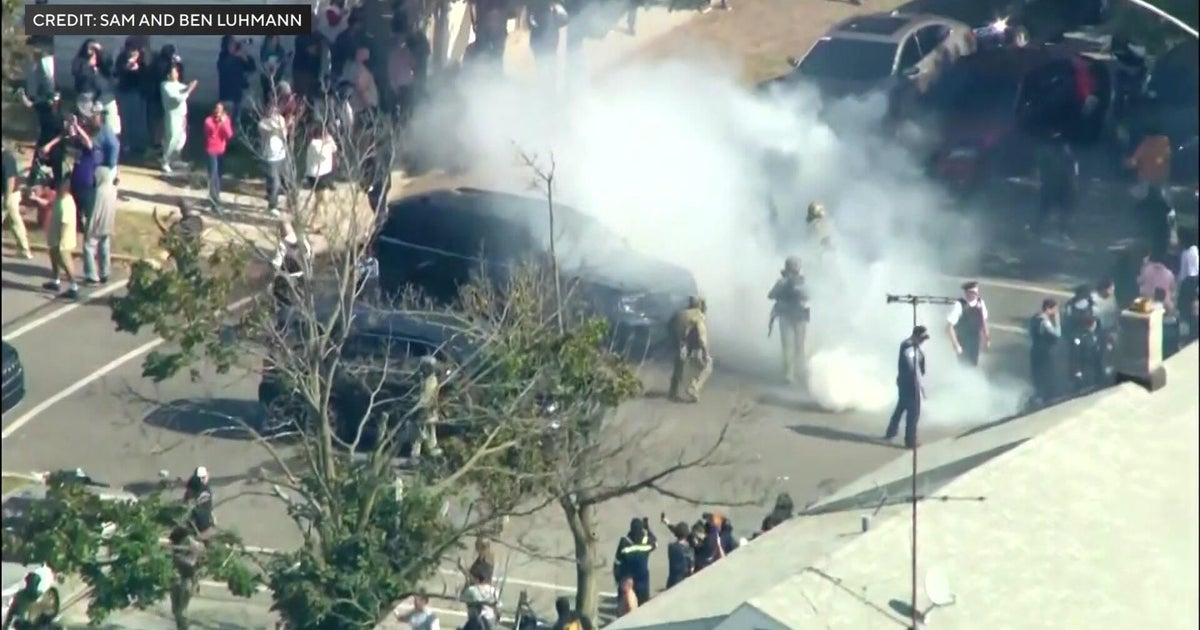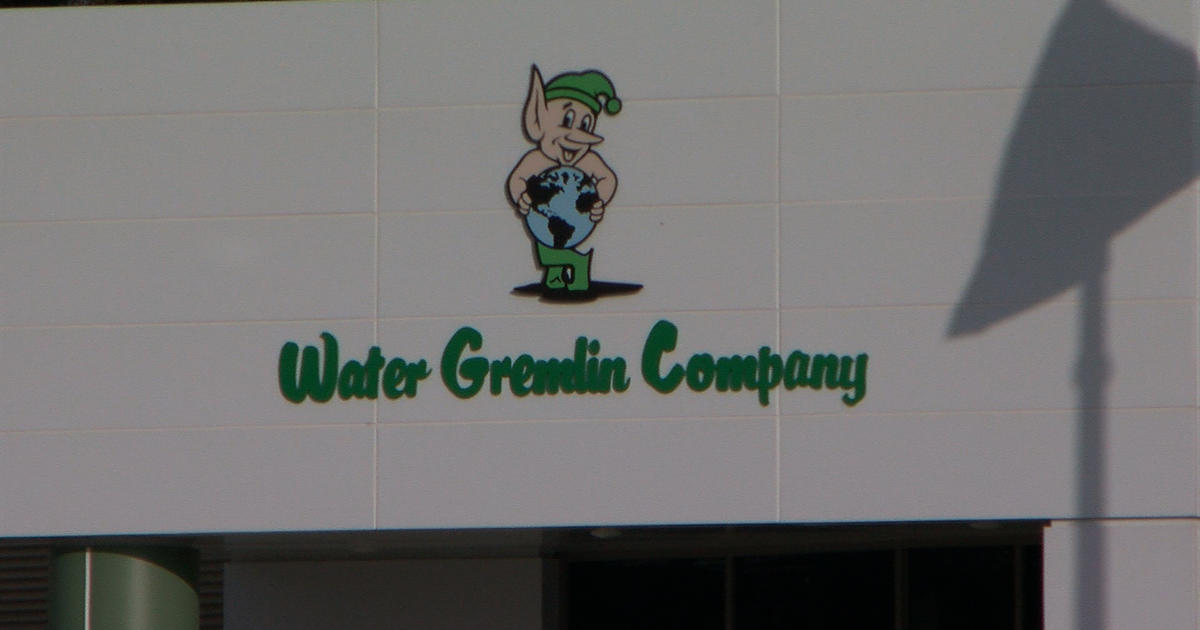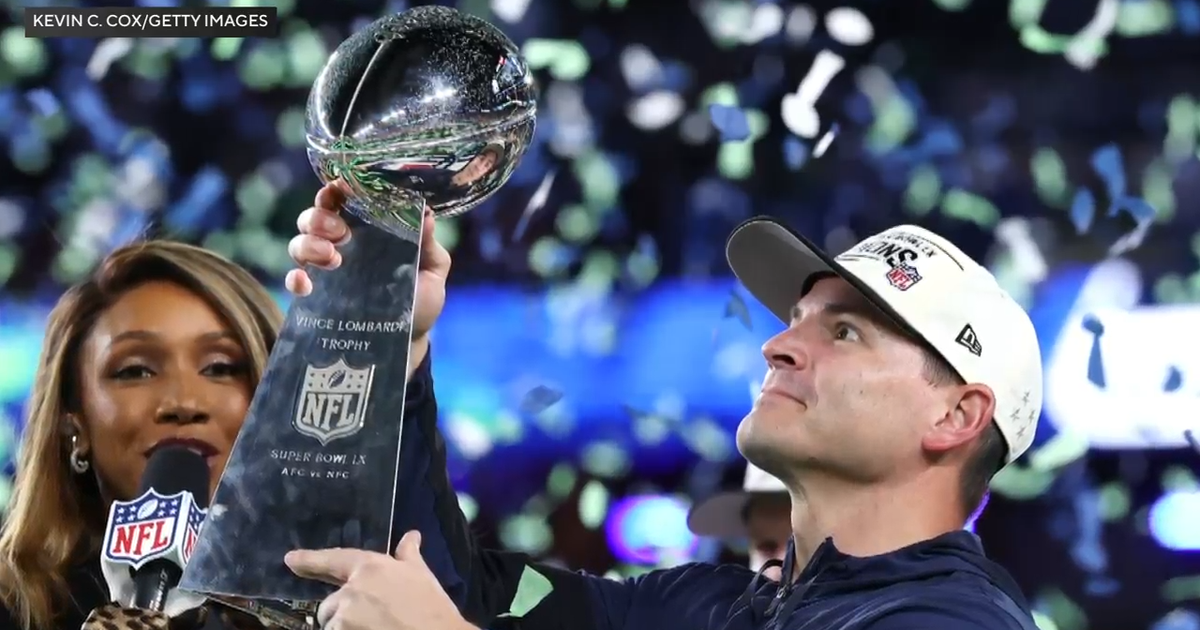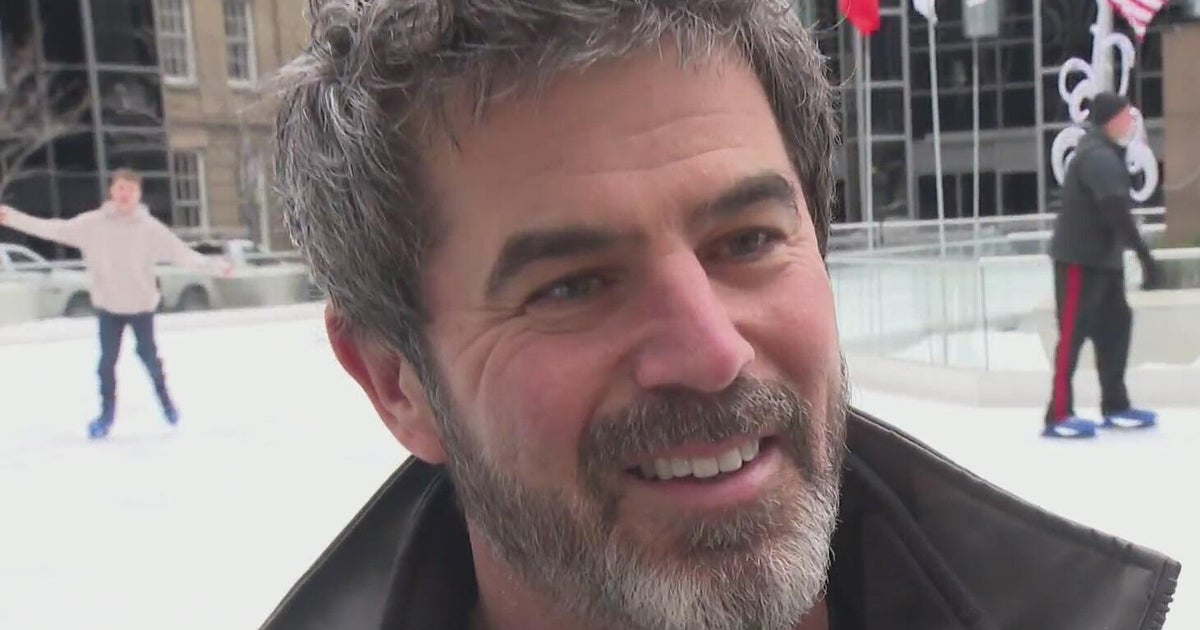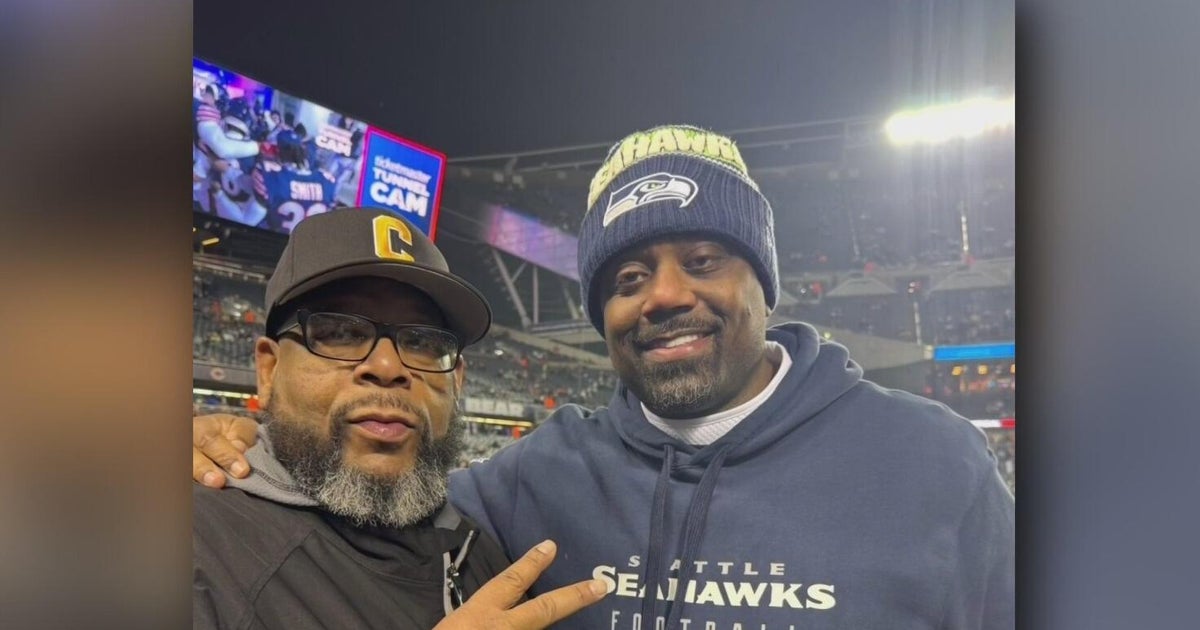Good Question: What Happened To Boxing?
MINNEAPOLIS (WCCO) -- It's a fight five years in the making that some say could determine the future of boxing.
On May 2, the two biggest names in the sport will take the ring. Floyd Mayweather and Manny Pacquiao will duke it out for a payday of more than $120 million and $80 million, respectively.
But despite the huge money, the popularity of boxing isn't what it used to be. At one point, Jack Dempsey, Muhammed Ali, Sugar Ray Robinson and Mike Tyson were all household names. Now, there are plenty of people who don't even know about the existence of May 2 fight.
So what happened to boxing?
"I think a couple of things happen, one was the rise of team sports, especially football in the 1960s," said Doug Hartmann, who teaches the sociology of sports at the University of Minnesota. "Another thing, I think, boxing was really seen as too violent, they had a lot of issues with violence and corruption as well."
He also points to another reason he thinks it is often overlooked: race.
In the first half of the 20th century, when the popularity of boxing was at its peak, many of the matches were between black and white fighters. He says that drew a lot of public attention and dramatized the race relations of society at the time.
"But the 1960s and 70s, there weren't a lot of white fighters left, so it changed the demographics of boxing in a way that could be marketed to the American audience," Hartmann said.
For the most part, boxing has been organized around the premise of local promoters pitting one fighter against another. On Wednesday, Mayweather Promotions CEO Leonard Ellerbe announced tickets for the May 2 fight will range from $1,500 to $7,500. Only a fraction of those tickets will go on sale publicly and are expected to sell out in seconds.
"Back in the day, each boxer, if they wanted to hold their title, they had to fight the next guy," says Lisa Bauch, owner of Uppercut Gym in northeast Minneapolis. "Now, these big-time fighters can say, no, I don't want to fight him."
Some blame the rise in popularity of mixed martial arts for stealing some of boxing's limelight. Others point to the sport's move from network television to pay-per-view. The 1975 Thrilla in Manilla fight was the first to be broadcast privately.
The pay-per-view price for the Mayweather-Pacquiao isn't yet set, but is expected to be about $90 or $100 for HD.
Bauch says every time there is a movie about boxing or a big fight to promote, the phones at her gym start ringing.
She hopes the same for this upcoming match, too.
"We just ride the wave," she said. "It will always be there. It would be nice to educate people on the sport, so it's not so frightening, so when you watch the sport, you understand it."
